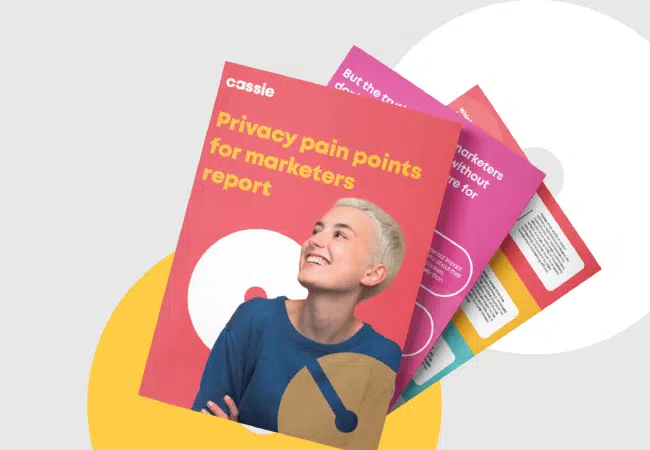Americans are worried about privacy Pew research suggests
Posted: October 31, 2023
A study from the Pew Research Center suggests a deep distrust among the US population regarding how government and corporations use their personal data.
Throughout May 2023, Pew questioned 5,101 US adults about privacy, security, and AI. The results suggest that Americans doubt the trustworthiness of social media platforms, feel insecure online, and want lawmakers to introduce stricter regulation.
Concerns about privacy
Over three-quarters of respondents (78%) said they trust themselves to “make the right decisions” about their privacy, but 61% felt skeptical that their actions would make much difference.
Eighty-one percent of respondents believe that companies would use people’s data in ways they were not comfortable with.
Just one in five people (21%) were confident that those with access to their data would “do what is right”—yet 56% “always”, “almost always”, or “often” neglect to read privacy policies before “agreeing” to them.
Worries about AI
With AI use developing fast, 70% of respondents said they have “very little” or no trust in companies to use AI responsibly.
And although 62% of people surveyed said that the collection and analysis of personal information by businesses “could make people’s lives easier”, eight in ten respondents believed companies would use artificial intelligence in ways other than originally intended.
Distrust of social media
Americans appear particularly distrustful of social media firms, with 76% of respondents saying they believed platforms would sell personal data without consent.
Seventy-seven percent of people surveyed were skeptical that social media bosses would admit to mistakes in handling people’s data, and 71% doubted that such bosses would be held accountable by the government for data misuse.
Nearly 90% of people were worried about social media firms having personal information about children, with 85% concerned about targeting ads at kids.
Security issues
Around a quarter (26%) of respondents reported that fraudulent payments had been made via their credit or debit cards in the preceding year. Eleven percent had lost control of email or social media accounts, and 7% of respondents had fallen victim to loan fraud.
Americans appear unsatisfied with the primary control intended to protect against data breaches – passwords.
Nearly 70% of survey respondents reported feeling “overwhelmed” by the number of passwords they had to remember, with 46% admitting that they generally use simpler passwords that are easier to recall but less secure.
Government and regulation
In 2019, 64% of respondents said they were “very” or “somewhat” concerned about how the government uses data it has collected about them. Four years on, in 2023, the figure has risen to 71%.
The uptick was due to Republican voters, whose levels of distrust rose from 63-77% – overtaking distrust among Democrats, which fell from 66% to 65% over the same period.
But there was broad agreement across party lines regarding whether the US should pass further regulations of “what companies can do with their customers’ personal information”.
Voters for both parties (68% of Republicans and 78% of Democrats) said there should be “more regulation” in this area, with just 7% (8% of Republicans and 6% of Democrats) arguing for “less regulation”.
Lawmakers across both parties also appear supportive of stronger privacy regulation, with 12 states (a roughly even red/blue split) having enacted comprehensive privacy laws.
As these laws take effect (three having done so already, with the rest gradually kicking in between now and 2026), consumers may begin to regain their trust in the organizations that collect their personal data.

New Cassie research reveals 3 in 4 US consumers are concerned about the security of their data online
Read our data myths and misconceptions research report to understand why US consumers are wary about the security of their online data.

